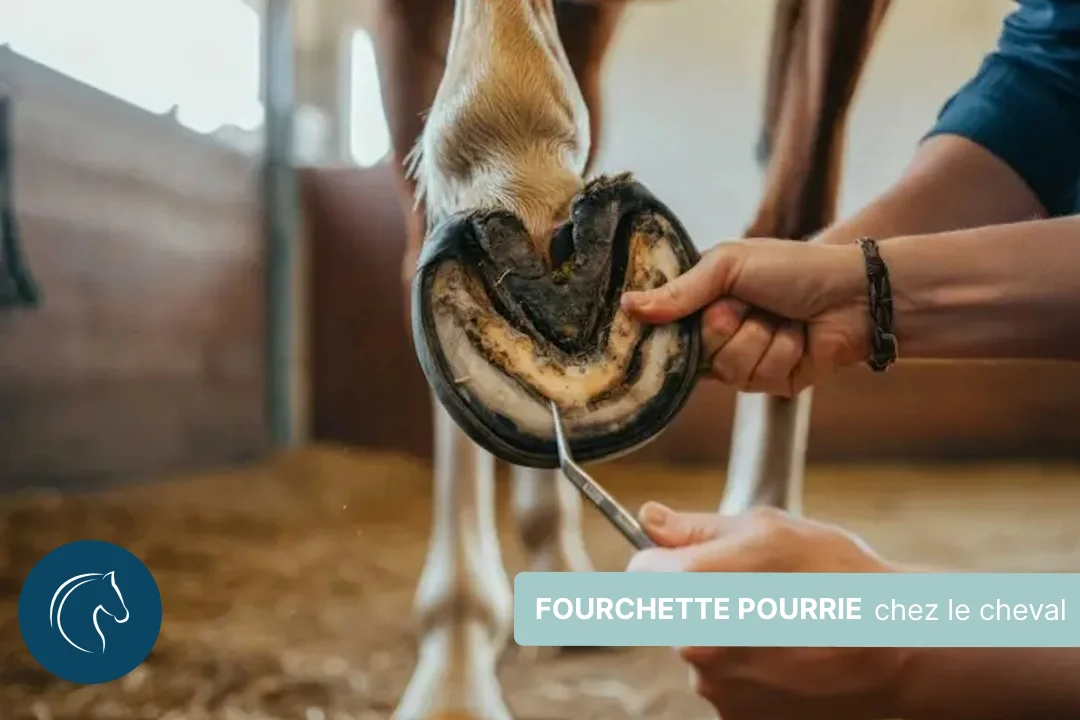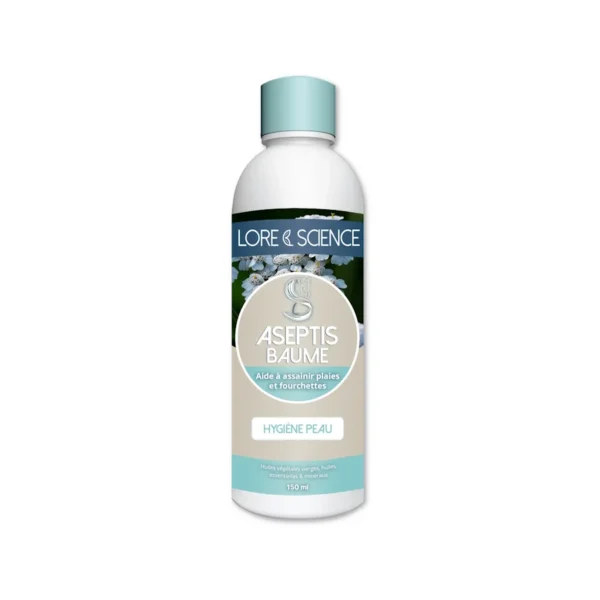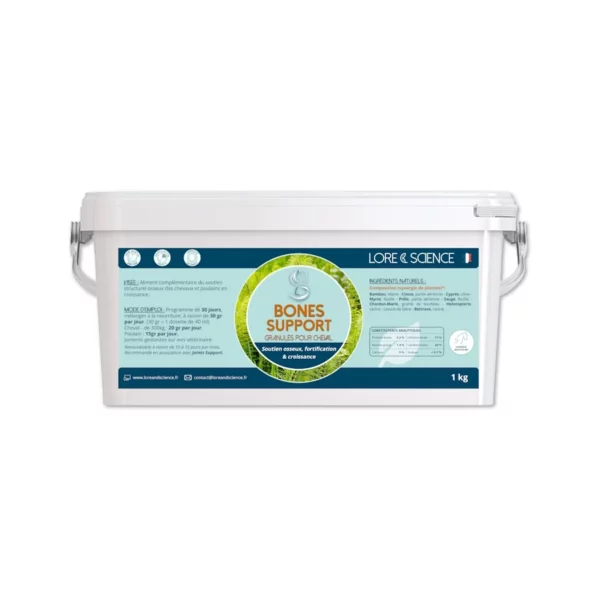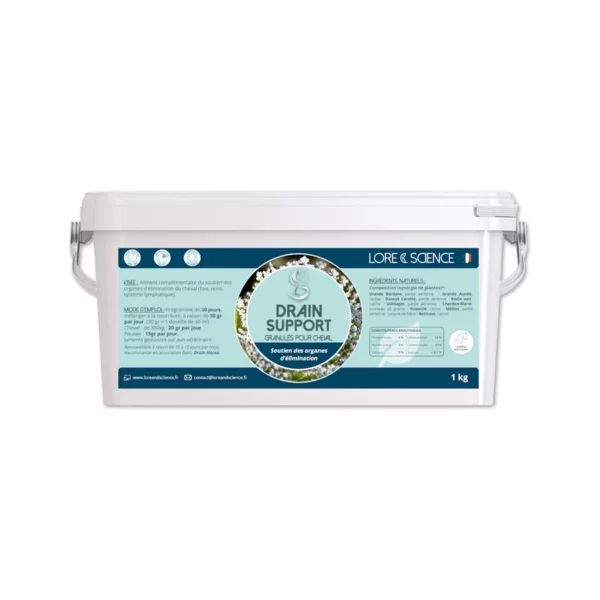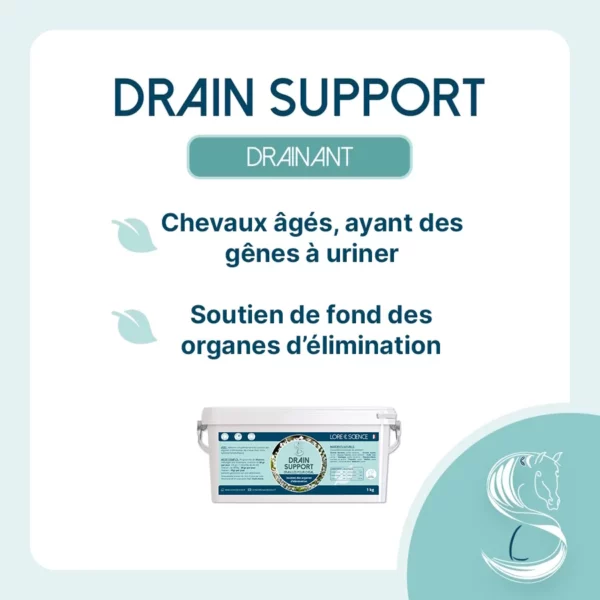Why does a horse suffer from a rotten fork?
Rotting fork, also known as fork rot, is a common ailment of the horse's hoof. It manifests itself as decomposition of the fork tissues, accompanied by a foul odor, pain and sometimes lameness. This pathology is mainly caused by :
- A damp or dirty environment (poorly maintained stalls, muddy paddocks).
- Lack of maintenance or regular hoof trimming.
- Weakening of local hoof immunity.
- An unbalanced lifestyle or diet.
Signs of a rotten fork in a horse
The symptoms of rotten fork are relatively simple to recognize, including:
- Strong, unpleasant foot odor.
- A soft, black or crumbly fork.
- Pain on pressure, sometimes with associated lameness.
- A dark flow in the lateral gaps.
- A reluctance to walk on certain floors.
What to do about it?
It's essential to act quickly as soon as the first signs appear to avoid aggravation. Here are the recommended actions:
- Thoroughly clean the horse's feet daily.
- Maintain a clean, dry environment.
- Consult a farrier for appropriate trimming.
- Use natural antiseptic and healing products to disinfect and support tissue regeneration.
A natural local treatment such as Lore & Science's Aseptis Balm is particularly well-suited to treating rotten frogs. Its plant-based formula promotes disinfection while respecting the hoof's natural balance.
Aseptis Baume: a natural purifying treatment for horses
Aseptis Balm is a topical treatment for superficial wounds, cracks, fork rot, mud scab and other skin conditions.
The benefits of Aseptis Baume :
- Helps disinfect damaged tissue.
- Promotes healing of fork lesions.
- Helps limit bacterial proliferation.
This treatment is a precious ally for all owners concerned about their horse's well-being. By promoting proper healing, it reduces the risk of complications, and therefore costly veterinary consultations.
Conclusion
Rotten forks are a common ailment, but can be prevented with simple hygiene and appropriate care. Aseptis Baume offers a natural, effective and respectful solution to support healing and prevent recurrence. Taking care of your horse's feet also means preventing more serious locomotor disorders.
FAQ
My horse lives in pasture all year round. Is it more at risk?
Yes, especially if the ground is often wet or muddy. Regular foot monitoring is essential.
Can I use bleach to disinfect?
Not recommended. It can be too aggressive. Better to opt for gentle, natural solutions like Aseptis Baume.
Can a farrier work on a rotten fork?
Yes, it plays an essential role in eliminating dead tissue and promoting healthy regrowth.

